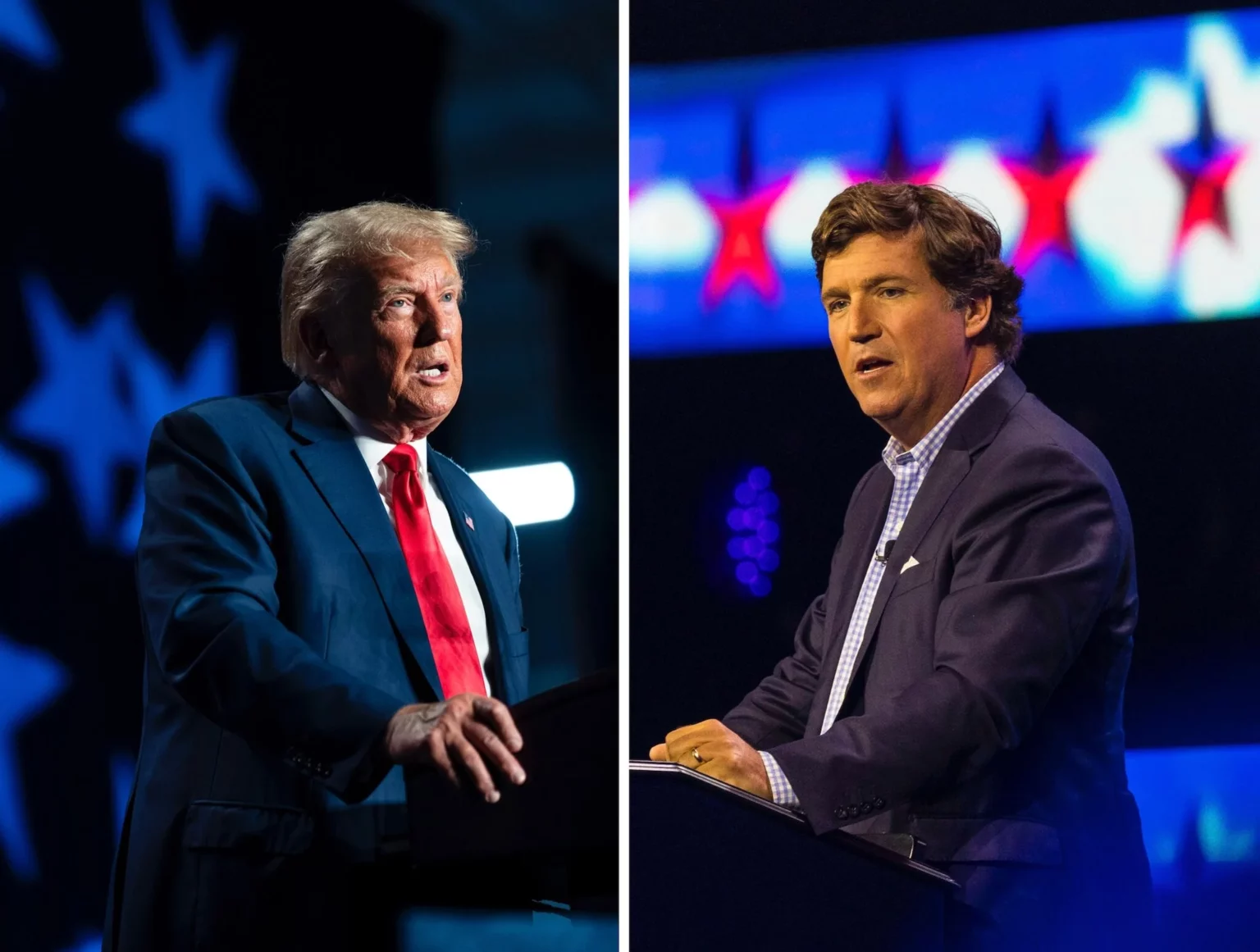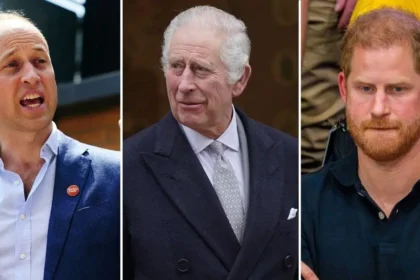As the political landscape continues to evolve with digital communication at its forefront, former President Donald Trump has once again captured attention by adopting an unconventional strategy. In a calculated move, Trump has chosen to forgo the first Republican primary debate in Milwaukee, opting instead to actively counter-program it with a pre-recorded interview featuring former Fox News host Tucker Carlson. The interview is set to stream on X, the social media platform formerly known as Twitter, during the same time slot as the two-hour Republican debate.
This unexpected collaboration between Trump and Carlson is raising eyebrows, given their complex history. While their relationship has traversed twists and turns, their common ground against Fox News, the conservative cable network broadcasting the Republican debate, is undeniable. The move seems strategically aimed at diverting attention from the debate itself and generating a media storm that could overshadow other political narratives.
Tucker Carlson’s departure from Fox News in April added layers of intrigue to this equation. Legal documents from a lawsuit involving Fox and Dominion Voting Systems surfaced, revealing text messages and emails in which Carlson criticized Fox executives and expressed dissatisfaction with his perception of Trump’s presidency as a “disaster.”
Trump’s clashes with Fox News trace back to his initial bid for the presidency in 2016 when he perceived unfair treatment by the network’s debate moderators. Throughout his subsequent campaigns, Trump has consistently accused Fox News executives of displaying bias against him, often favoring other candidates such as Florida Governor Ron DeSantis.
Despite their complicated history, Trump’s current approach leverages this enigmatic partnership. He has taken to promoting the upcoming Tucker Carlson interview on his own social media platform, a move he’s resorted to following his suspension from Twitter. Dropping tantalizing hints, Trump teased, “Sparks will fly,” setting the stage for a potentially fiery interaction. Such a confrontational approach appears to align with both Trump’s and Carlson’s interests, aiming to shift the spotlight away from the Fox debate stage drama and onto their conversation.
In the realm of political spectacle, Trump’s calculated counter-programming demonstrates his mastery of media manipulation. It also underscores the evolving dynamics of political rivalries in an era where digital communication plays a central role. As audiences tune in to witness this high-stakes media maneuver, one thing is certain: Trump’s strategic prowess remains as captivating as ever.




